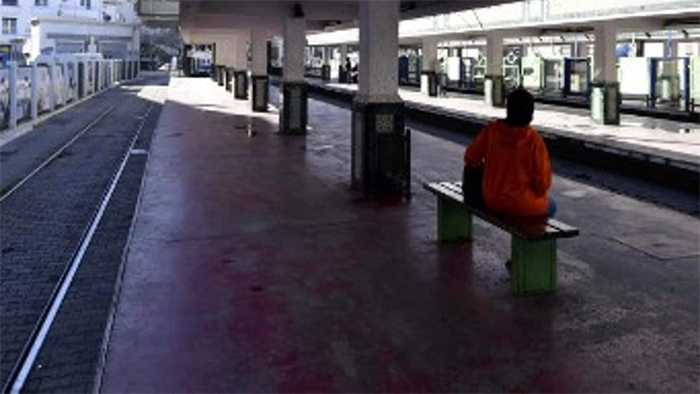(3 minutes read)
Tram and bus workers in the Tunisian capital, Tunis, staged a strike very recently over delays in salaries and the lack of an end-of-year bonus, creating traffic jams and disruption of public life
Tram and bus workers in the Tunisian capital, Tunis, staged a strike very recently over delays in salaries and the lack of an end-of-year bonus, creating traffic jams and disruption of public life. Tunisia grapples with an economic crisis that has led to frequent shortages of basic goods from petrol to cooking oil, creating consternation among the citizens.
The North African nation is struggling with debts of more than 100 percent of the gross domestic product. To mitigate the crisis, Tunisia is in negotiations with the International Monetary Fund (IMF) for a nearly US $2 billion-dollar bailout.
Staff from state-owned public transport firm Transtu was responding to a call by the powerful UGTT trade union federation, which, of late, has become very vocal against the government. The strike disrupted public life in the Tunisian capital. However, the transport authorities maintained that the wildcat strike was meant for expressing a different demand since the salaries were paid on time. The real reason for the strike is on account demand for a different set of financial packages in the form of an annual bonus to more than 7,000 staff entailing more than US$5 million. The authorities maintained that the bonus was in the process of being paid and that it was coordinating with all concerned parties to avoid further disruptions.
Read Also:
https://trendsnafrica.com/tunisia-imposes-new-taxes-to-mop-up-resources-to-bridge-fiscal-deficit/
Transtu, which runs around 250 bus routes and 15 tram lines, was also shut by a strike during the school holidays in November, which used to be referred to as a peak season. The IMF has called for the implementation of a string of politically sensitive measures, including gradually removing subsidies on basic goods and the restructuring of public firms, including subsidies granted to Transtu as well as monopolies in water, energy, and cereals.





